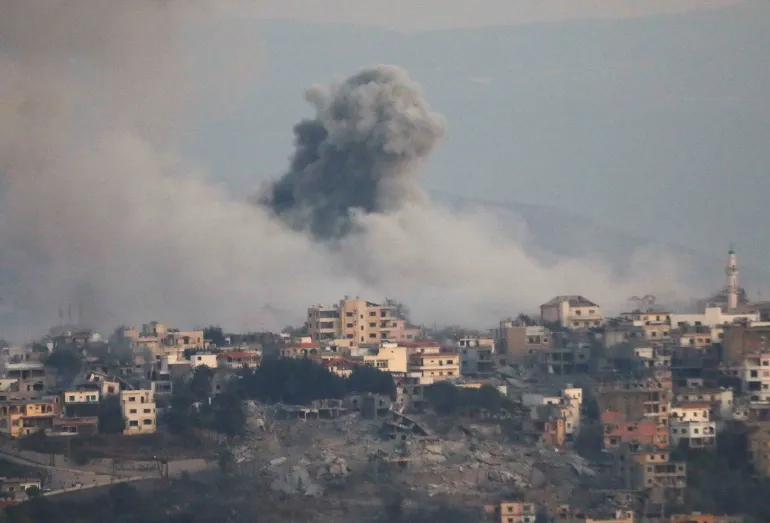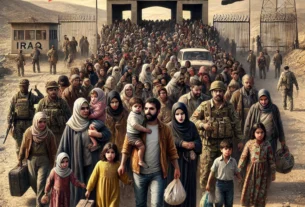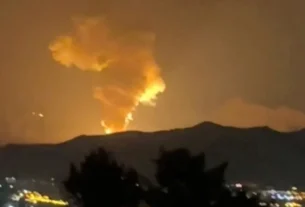In recent developments, Israeli airstrikes have resulted in significant casualties across Gaza and Lebanon, with reports indicating that at least 143 people have died in Gaza and more than 77 in Lebanon. The violence, which escalated after Hamas’s attack on Israel, has led to a humanitarian crisis, displacing millions and exacerbating the already dire conditions in these regions.
The airstrikes in Gaza targeted densely populated areas, leading to a tragic loss of civilian life. Among the deceased were entire families, including women and children, as residential neighborhoods bore the brunt of the bombardment. Reports suggest that the situation is worsening, with critical shortages of food, medical supplies, and shelter. The United Nations has raised alarms about the potential for famine and disease outbreaks due to the deteriorating conditions.
In Lebanon, the strikes primarily affected southern regions, resulting in numerous casualties, including children. The Israeli military has justified these attacks by claiming they are targeting Hezbollah positions, although the indiscriminate nature of the bombardment raises serious humanitarian concerns.
International efforts to negotiate a ceasefire have largely faltered, with both sides unwilling to compromise on their demands. As the situation escalates, humanitarian organizations are calling for urgent action to address the needs of those affected by the violence. The implications of this conflict extend beyond immediate casualties, as regional stability hangs in the balance.
The ongoing violence highlights the urgent need for diplomatic solutions to prevent further escalation and to address the humanitarian crisis faced by millions in these regions. The international community’s response will be crucial in shaping the future of both Gaza and Lebanon in the face of this profound crisis.
Sources: Al Jazeera, The Independent, BBC News, Reuters, CNN.





